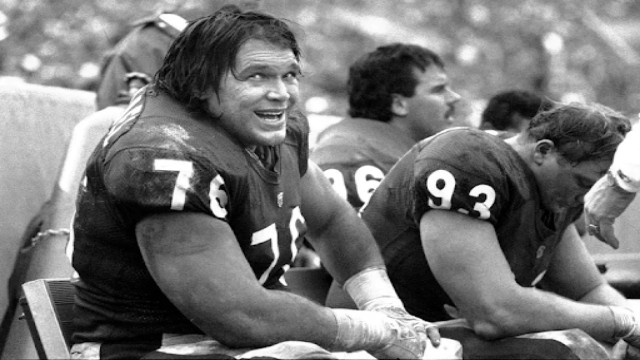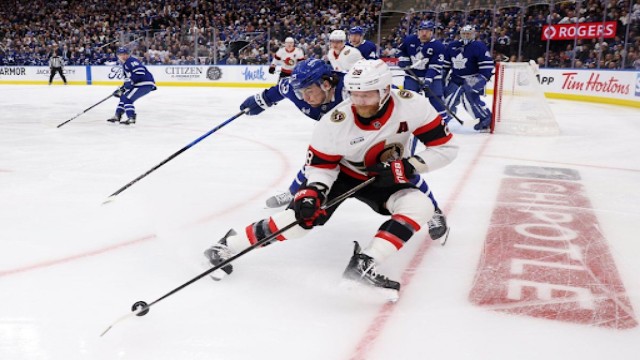
U.S. women's national team midfielder Sam Coffey competes against Costa Rica in the USWNT's last match before the 2024 Paris Olympics. The game took place in Washington, D.C., where temperatures exceeded 100 degrees on Tuesday.(Photo credit: Getty Images)
The U.S. women's national soccer team recently faced tough conditions as they wrapped up their pre-Olympic training in Washington, D.C. Temperatures soared to 100 degrees, making their final days of preparation a real test. In their send-off match against Costa Rica, the team struggled to secure a win, finishing the game in a 0-0 draw.
Players fought through the heat, spraying themselves with water and wrapping towels around their heads to cope with the extreme temperatures. Midfielder Sam Coffey described the conditions, saying, "It was really hot... tough." Defender Casey Krueger echoed her sentiments, noting that their recent games had been intense.
Despite the challenging environment, head coach Emma Hayes saw the heat as beneficial training for what lies ahead. The team is set to travel to France on Wednesday, just a week before the Olympics kick off. Concerns about the heat have lingered for months, with past temperatures in Paris during Olympic games ranging from the 60s to highs over 100 degrees.
Currently, the weather in Paris is milder, with forecasts predicting highs around 75 degrees for the upcoming week. However, the U.S. teams will be based on the southern coast of France in Nice and Marseille for the group stages. This weekend, temperatures in Nice are expected to exceed 90 degrees, which will pose another challenge.
Hayes is preparing her team for these conditions. Their matches are scheduled for 7 or 9 p.m. local time, but training sessions will occur during the heat of the day. She stated that experiencing the intense weather now provides them with a valuable opportunity to adapt.
Their final friendly before the Games was tough, starting with a temperature of 95 degrees at kickoff. Captain Lindsey Horan splashed water on her face before gathering the team for a pregame huddle, highlighting the challenging atmosphere.
Although the U.S. dominated possession with around 80%, they struggled to find the back of the net, a concern heading into the Olympics. With just one goal scored in two matches against teams like Costa Rica, they know they’ll face tougher competition in France.
Rose Lavelle, expected to start, was pulled from the lineup due to groin tightness, raising questions about how much the conditions impacted player decisions. The pitch at Audi Field also did not help, adding to the difficulties they faced.
The match itself was slow-paced, largely due to Costa Rica’s defensive strategy, which didn’t put the same physical strain on the players as they might experience against stronger teams. However, the U.S. women still had to manage their energy and hydration, taking water breaks and draping towels around their necks during the game.
Coffey reflected on the experience, stating, “These are great preparation moments for us going to the south of France.” With the Olympics just around the corner, the USWNT is hopeful that their rigorous training in challenging conditions will pay off.















